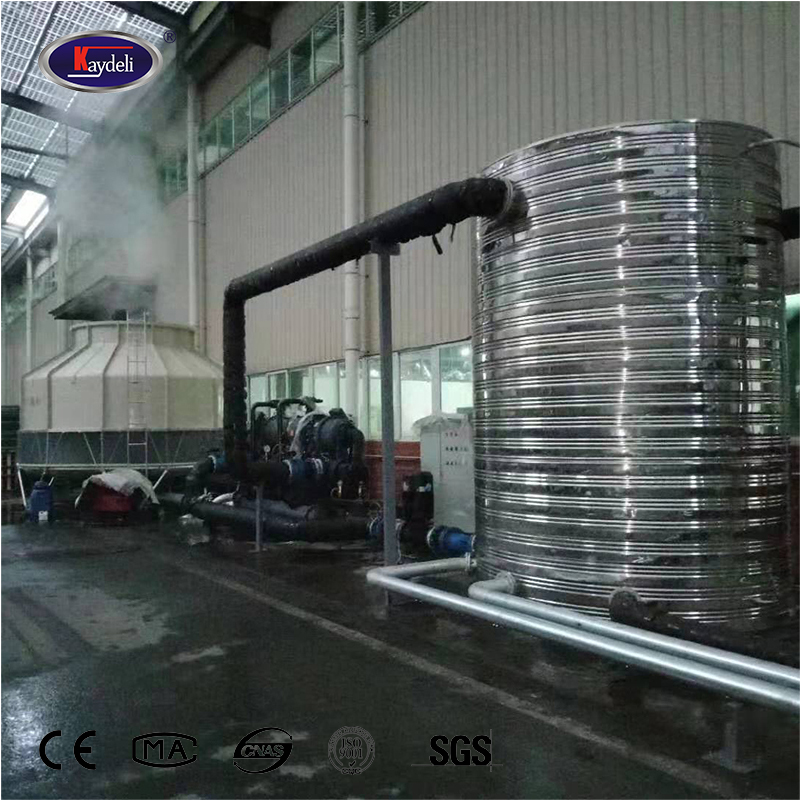Water cooling towersare unsung heroes in industrial settings, playing a crucial role in maintaining optimal temperatures for machinery. This SEO article delves into the multifaceted functions of water cooling towers, exploring their indispensable role in enhancing efficiency across diverse industries. Through an in-depth analysis and illustrated by a bar chart, we unveil the key functions that make water cooling towers an integral part of industrial processes.

Efficiently removes excess heat generated during industrial processes.
Maintains stable temperatures, ensuring machinery operates within optimal ranges.
Enhances energy efficiency by dissipating heat, reducing overall energy consumption.
Facilitates cooling for various industrial processes, from manufacturing to power generation.
Minimizes environmental impact by reducing the need for water-intensive cooling methods.
Water cooling towers excel in dissipating heat from industrial processes, preventing overheating and ensuring machinery functions at peak efficiency.
Precise temperature control is a hallmark of water cooling towers, crucial for industries where maintaining specific temperatures is essential for optimal performance.
By efficiently dissipating heat, water cooling towers contribute to energy conservation, reducing the overall energy consumption of industrial operations.
Water cooling towers are versatile and can provide cooling for various industrial processes, including manufacturing, chemical production, and power generation.
Compared to other cooling methods, water cooling towers have a lower environmental impact, especially when considering closed-loop systems that minimize water usage.
Water cooling towers offer high efficiency and reliability in heat dissipation, ensuring continuous and optimal operation of industrial machinery.
Efficient cooling translates to cost savings, as it reduces the need for excessive energy consumption and minimizes downtime due to overheating.
Water cooling towers are adaptable to diverse industries, from manufacturing to energy generation, making them a versatile and essential component of industrial infrastructure.
Water cooling towers contribute to environmental sustainability by using less water compared to alternative cooling methods and minimizing the impact on natural water resources.
In the dynamic landscape of industrial processes, water cooling towers emerge as indispensable assets, ensuring the efficient and reliable operation of machinery. Their multifunctional roles, from heat dissipation to precise temperature control, make them pivotal in enhancing overall efficiency. As illustrated in the accompanying bar chart, water cooling towers play a vital role in the core functions that drive industries forward. The advantages of efficiency, cost savings, adaptability, and environmental sustainability underscore why water cooling towers are a strategic investment for any industry seeking optimal performance and long-term operational excellence.
By continuing to use the site you agree to our privacy policy Terms and Conditions.